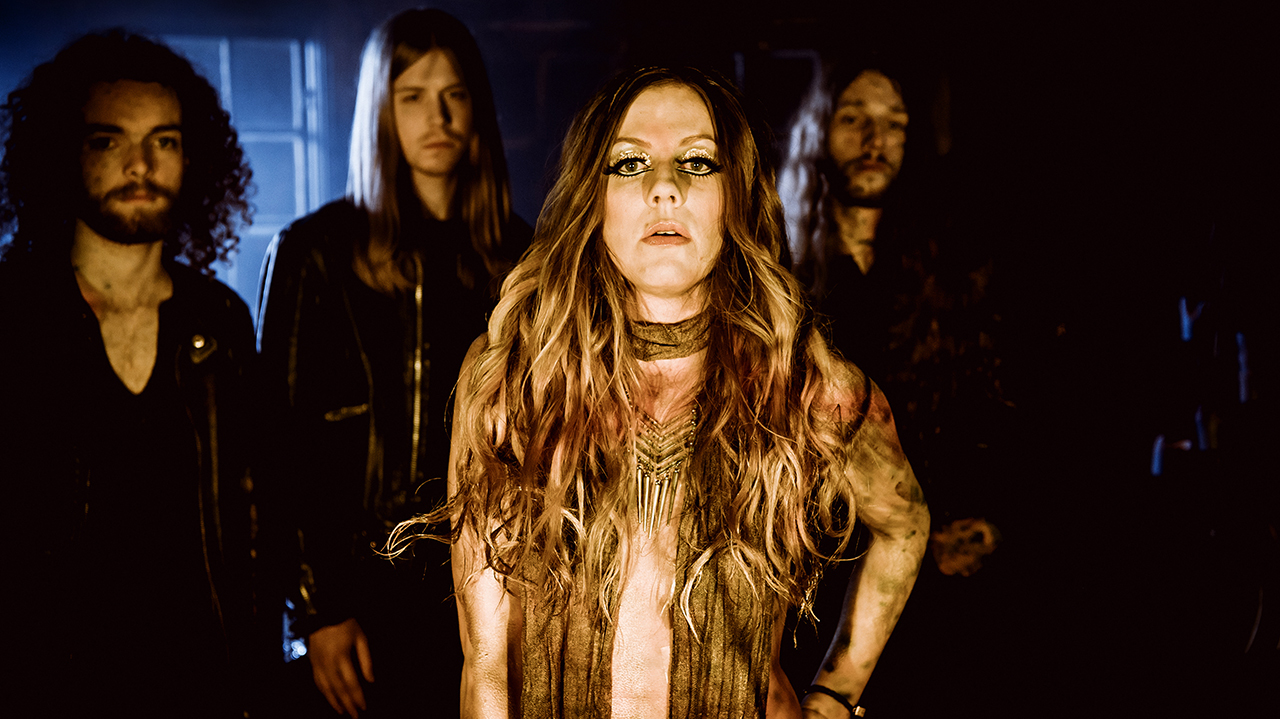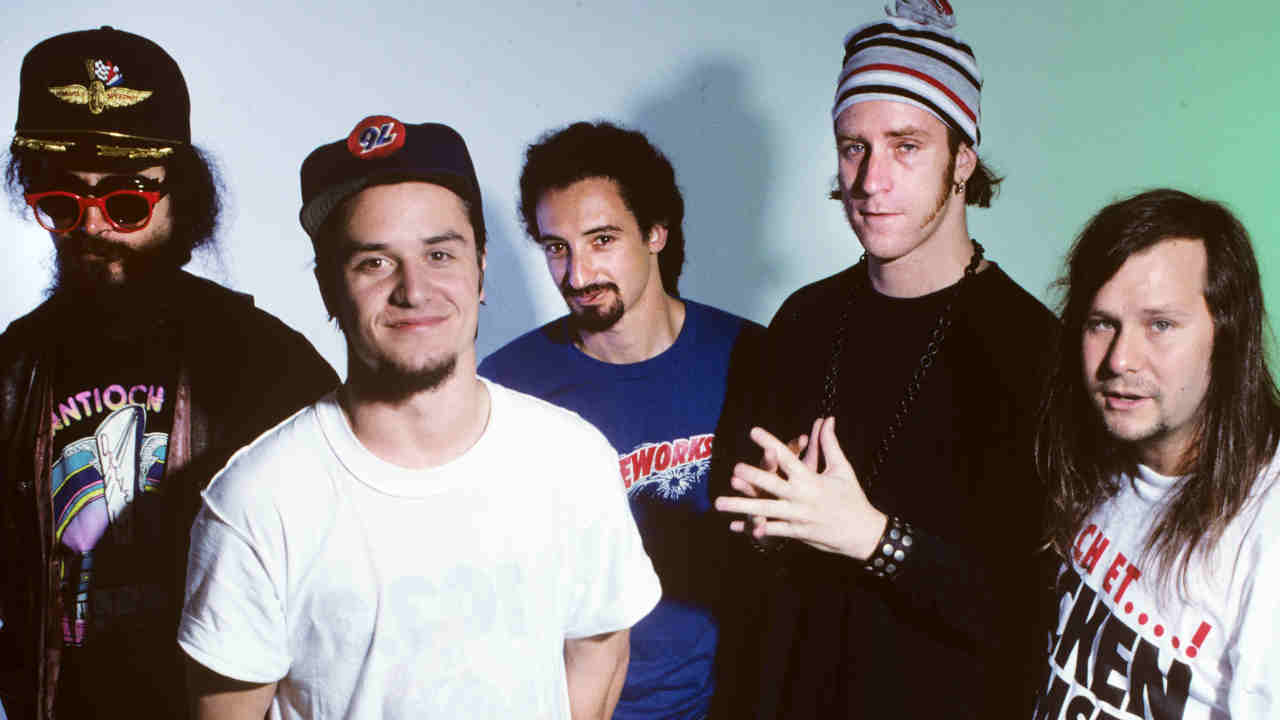Blues Pills: "The whole process of recording Lady In Gold was a roller coaster"
With powerhouse vocalist Elin Larsson on blistering form, new album Lady In Gold caps what’s been a year to remember for these up-and-coming Swedes

The Sweden-based quartet ramped up the soul on their blistering second album, without sacrificing the heavy psych-blues that had made their 2014 debut so memorable. Leading from the front was singer Elin Larsson, a force of nature whose striking vocal delivery brought to mind the raw dynamism of vintage Maggie Bell or Aretha Franklin.
How was 2016 for Blues Pills?
ELIN LARSSON: It’s been a great year. We’ve done a lot of work and played lots of big shows and festivals. And I’m so happy at how Lady In Gold turned out. We’re all so proud of it.
What was your high point?
It was amazing to play Roskilde, in Denmark, where there were so many great acts. We were sitting down to eat and PJ Harvey walked past. I was shitting my pants. I didn’t dare go and talk to her, because I’m very bad when it comes to talking to celebrities. The highlight of the year was opening for Deep Purple in Germany, even though I was nervous because they were watching our entire show from the side of the stage. We ended up drinking beer together afterwards.
That said, Burned Out, one of the best songs on Lady In Gold, feels like a commentary on the kind of music business traps you can easily fall prey to.
We were pretty burned out when we were recording the album. We were sleeping on the floor in the studio, which was so small, with no windows. And we’d been going from one tour straight into the studio and then back out on the road again. We wrote the song during that depression. In fact the whole process of recording Lady In Gold was a roller-coaster.
Sign up below to get the latest from Classic Rock, plus exclusive special offers, direct to your inbox!
- Blues Pills: “We're still heavy, it’s just a different kind of heaviness"
- Blues Pills: Nudes Of The World
- Blues Pills launch Little Boy Preacher lyric video
- Blues Pills: from cigars and ski-hire to heavy soul and international success
Is that why you’re now building your own studio?
Yeah. That way you can create so much stuff and don’t need a bunch of money to do it. There’s complete freedom. And the new studio is out in the Swedish countryside. It’s a beautiful place to create music.
Has constant touring made Blues Pills a better band?
Definitely. And we’ve matured too. When I was younger I had more of an attitude – like there’s only one way of singing. But now I realise there’s so much stuff I want to learn. Everyone in the band is like that. We’re on a different level now.
How has your voice changed over the past few years?
I realised that I needed to get to know it better. So I’ve been practising my falsetto and trying to sing softer, so that I can use my belting powerhouse element at the right time. Swedes are very modest and rarely give out compliments, which meant I never knew if my voice was good or bad when I was growing up. Like in Sweden nobody ever said I was pretty, but in America they’d say: “Hello gorgeous!” You definitely need to have a confidence boost when you’re young. It helped me overcome the doubts I had.
What’s the best compliment you’ve received lately?
I was up there singing, and this super-metal hard-ass dude came up to me later with tears in his eyes. He told me that my voice had made him cry. That was the best thing ever.
Freelance writer for Classic Rock since 2008, and sister title Prog since its inception in 2009. Regular contributor to Uncut magazine for over 20 years. Other clients include Word magazine, Record Collector, The Guardian, Sunday Times, The Telegraph and When Saturday Comes. Alongside Marc Riley, co-presenter of long-running A-Z Of David Bowie podcast. Also appears twice a week on Riley’s BBC6 radio show, rifling through old copies of the NME and Melody Maker in the Parallel Universe slot. Designed Aston Villa’s kit during a previous life as a sportswear designer. Geezer Butler told him he loved the all-black away strip.

